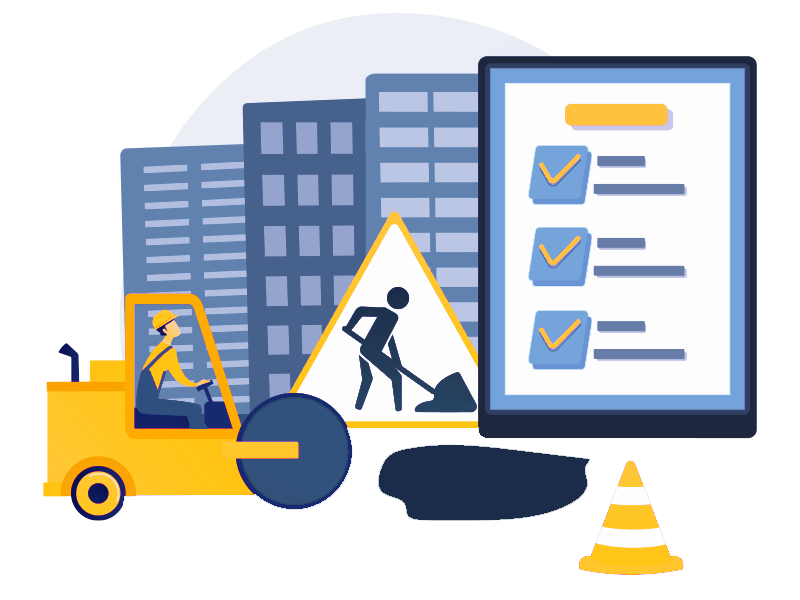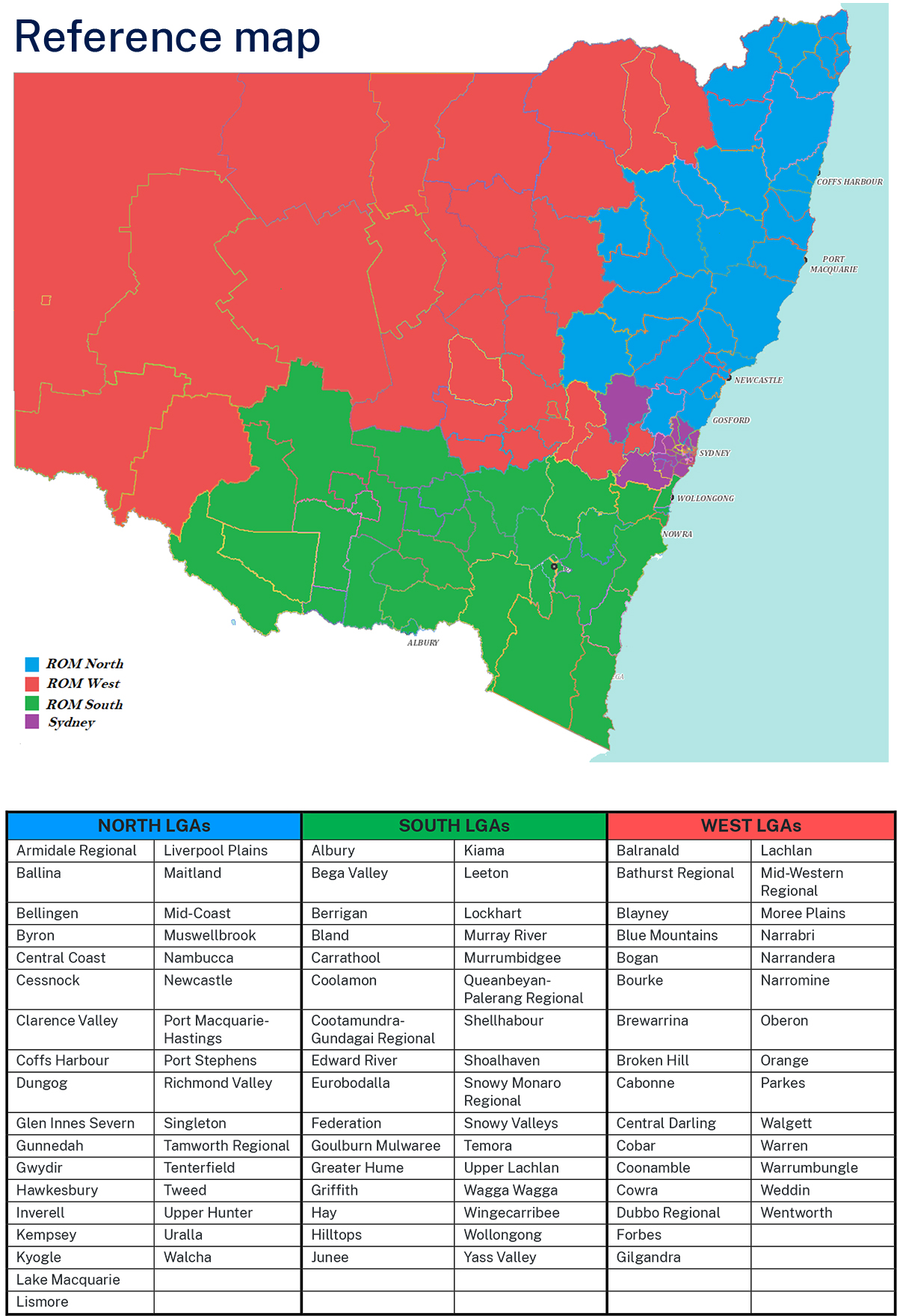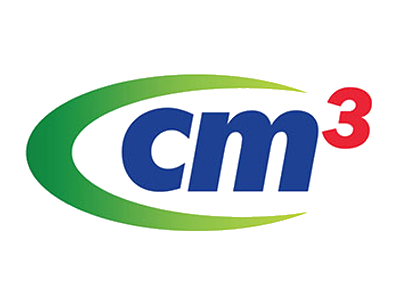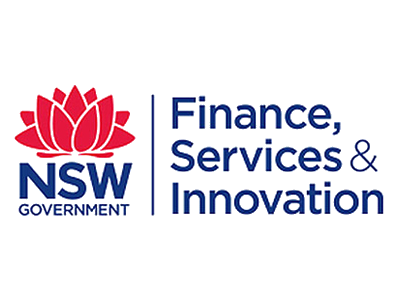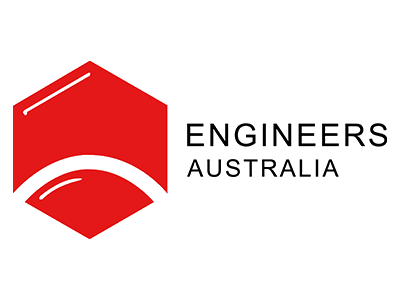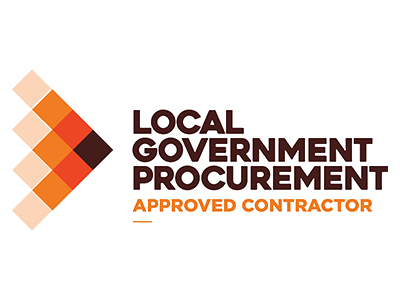What is WAD?
A WAD constitutes a legally binding agreement between TfNSW and an external party, typically a developer. This contractual arrangement empowers the developer to execute roadworks on the State road network and/or traffic control signals.
The primary purpose of the Deed is to ensure that the quality of the undertaken works aligns with Transport's durability standards while minimising adverse impacts on road users and the community during the construction phase. Within the framework of the Deed, Transport specifies the requirements and conditions that govern the developer's execution of the work.
To guarantee the safe and timely completion of the works, the Deed necessitates the implementation of appropriate controls, such as insurances and security measures. Road projects of this nature typically involve modifications to intersections, installation of traffic control signals, and signposting. Financed, designed, and constructed by the developer, these projects serve to facilitate traffic access to and from private developments, including shopping centers, residential areas, industrial estates, and more.
Upon completion, the ownership and responsibility for the upgraded road and traffic control signals are transferred to Transport for future maintenance, sometimes with a financial contribution from the developer.
The initiation of the WAD agreement occurs post-approval of the Development Application (DA) and typically precedes the issuance of a construction certificate by the consent authority for the development. Prior to finalising the Deed, both the developer and Transport must reach an agreement on the scope of works, and the final document is signed by both parties.
